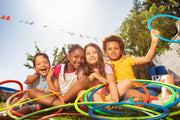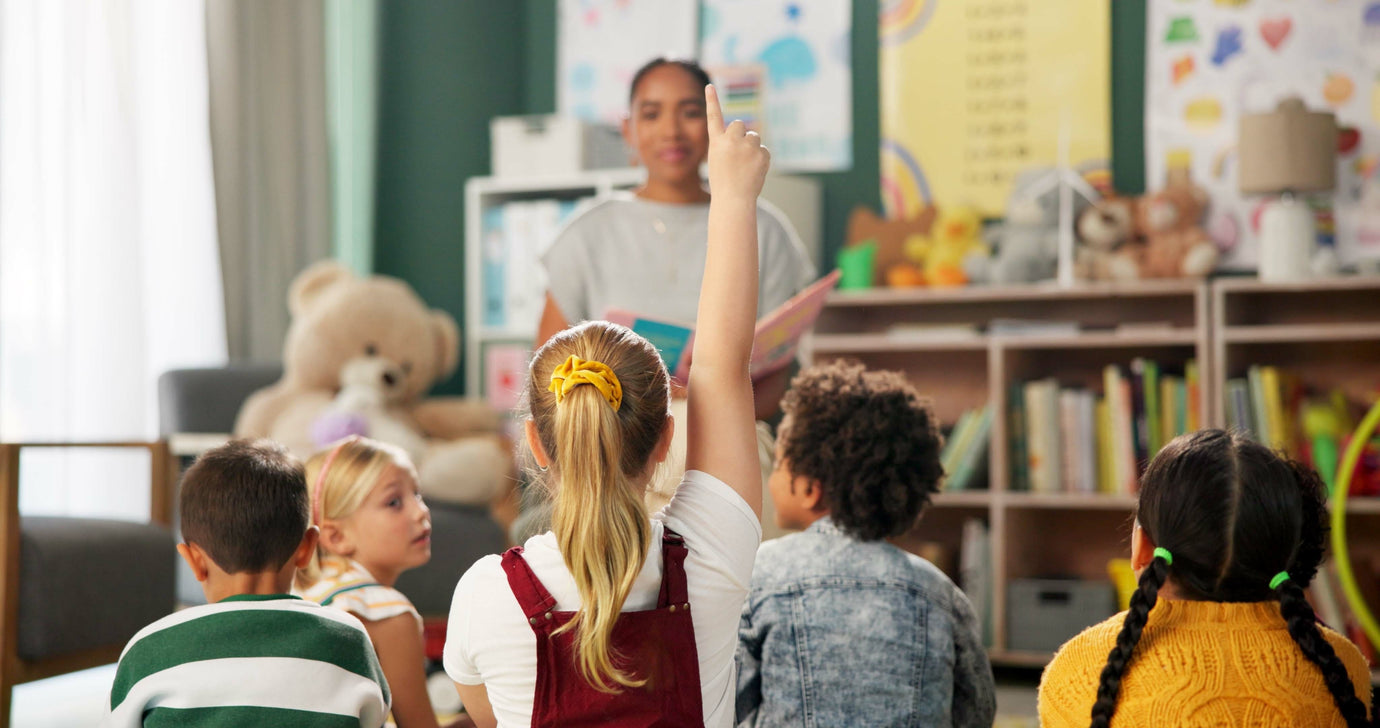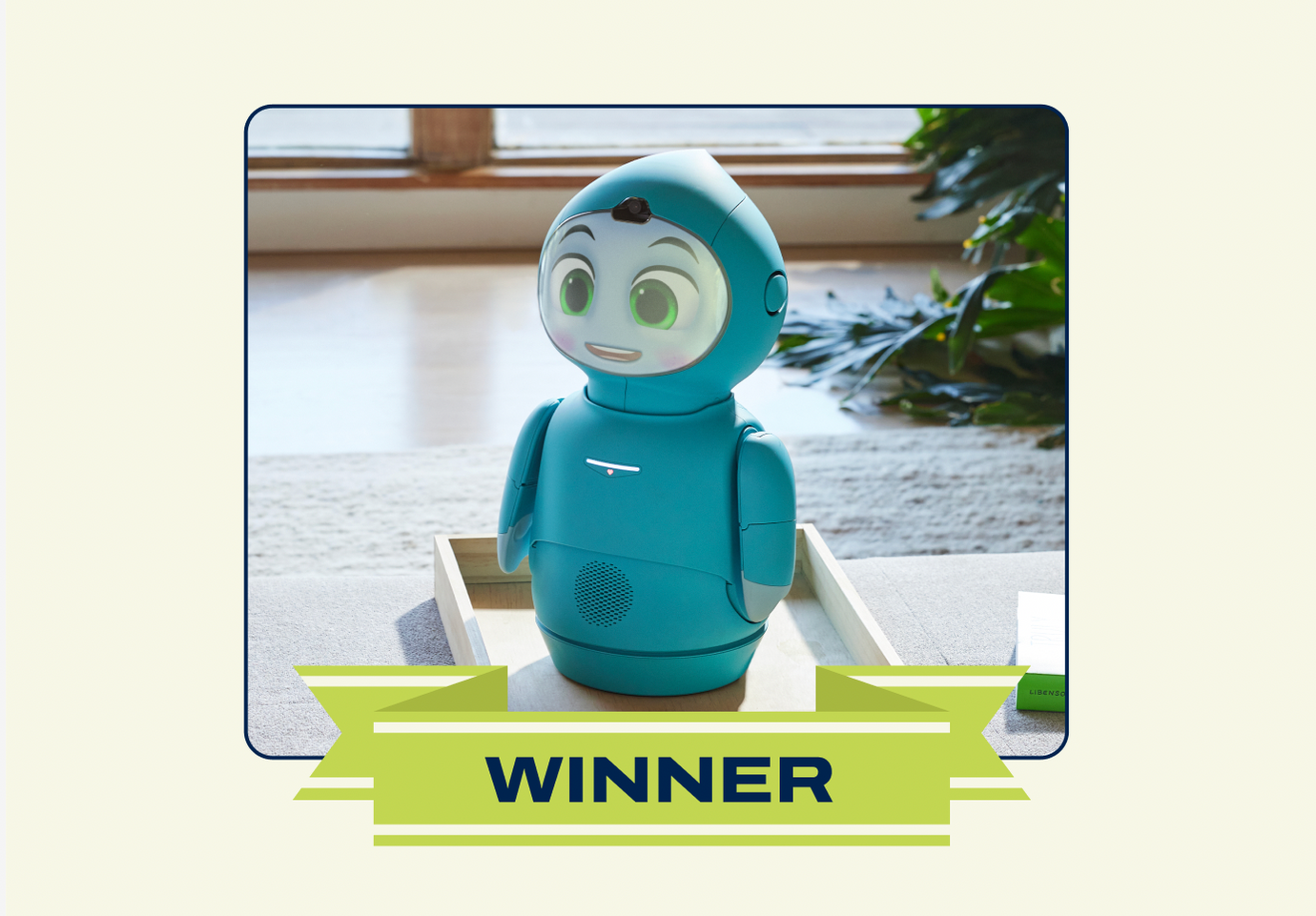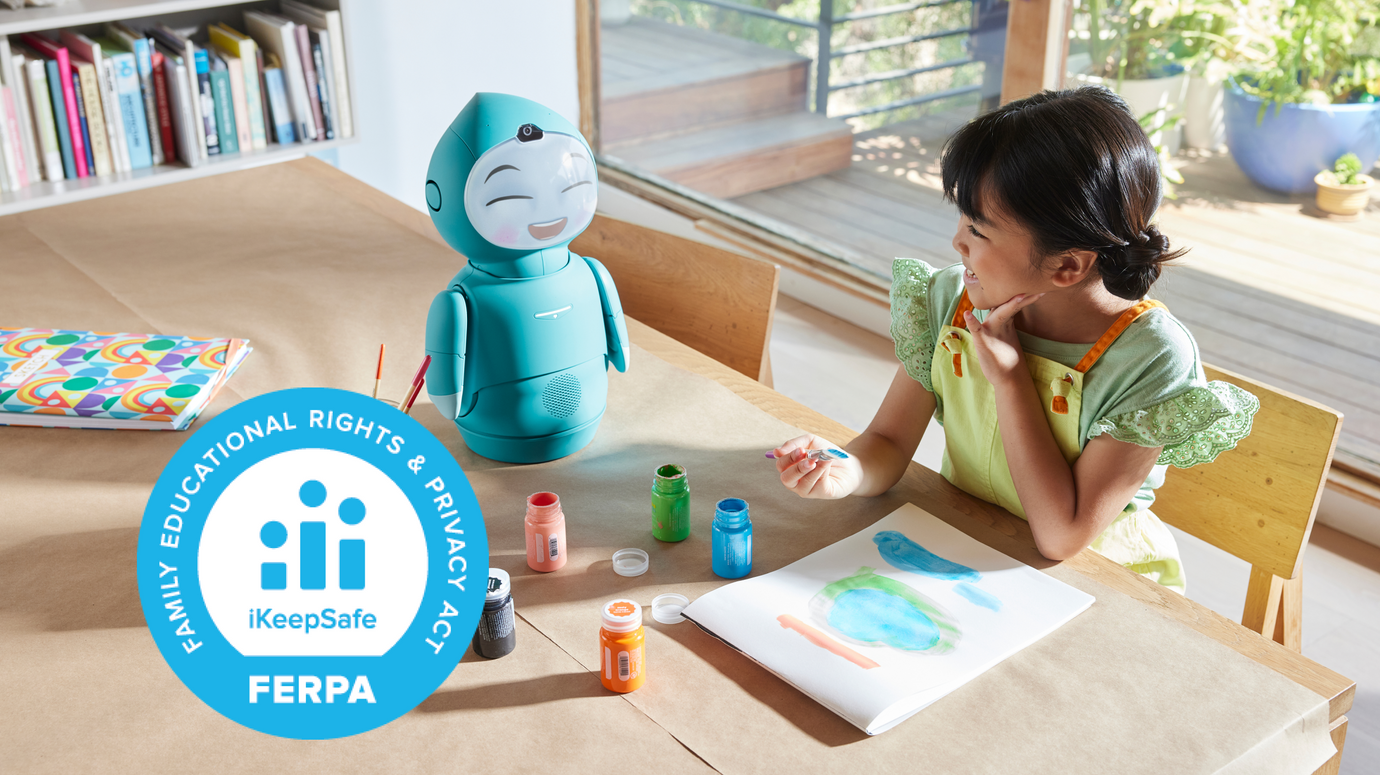What is social emotional learning for 8 year olds?
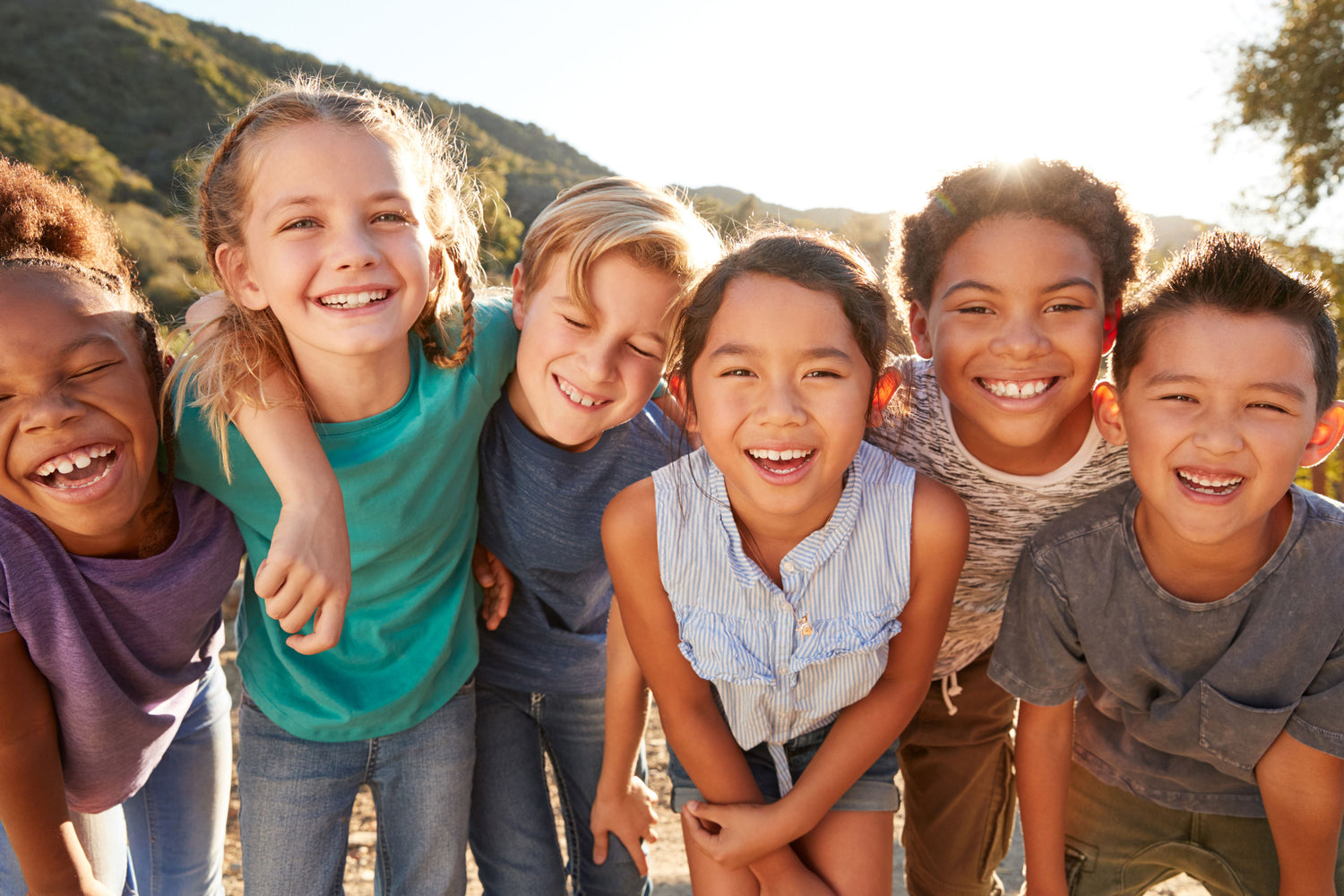
Brief introduction on social emotional learning for 8 year olds
8 years old is a big year for honing those interpersonal skills! With a sense of self ever-forming, 8 year olds are taking huge steps in their social-emotional learning (or SEL) path. This is typically a big year for forming friendships and finding a best friend! At 8 years old, a child may display early (but natural) signs of rebellion as they discover more about intention and nuance behind actions and words.
What is social learning for 8 year olds?
An eight year old’s social learning is becoming more seasoned: at this age, a child has typically had enough social practice to begin recognizing the intentions behind people’s actions and words. As a child’s chosen peer group takes on new importance, this is an age where parental figures need to be on the look out for signs of bullying or social exclusion. Eight year olds want to be respected and seen as intelligent, but it’s important they learn how to feel confident about themselves without putting others down in the process.
What is emotional learning for 8 year olds?
Just as an eight year old child is learning why people say and do things, they are developing metacognitive skills behind their emotions as well. Eight year olds can recognize feelings like disappointment and say “I feel disappointed because we didn’t go for ice cream after school.”
Although they are more familiar with these feelings, they are still difficult. While every child is different, eight year olds are statistically prone to aggression, defiance and dramatics. Eight year olds may become intensely private as they learn to navigate emotions that seem to switch on a dime.
Why SEL is important for 8 year olds:
SEL is important for kids of eight because this is statistically when children begin experiencing new social situations like bullying, exclusion or even crushes! Eight year olds are hyper aware of what their peers think of them, so positive attributes like empathy, cooperation and patience need to be stressed at this time because your child’s instinct may be to rebel in order to preserve their sense of individuality.
Pros and Cons of social emotional learning for 8 year olds

Pros of promoting social emotional learning
This can be an especially challenging time for children, socially: your eight year old is eager to fit in with their friends and might become distracted in their learning environment. Stressing positive and realistic social skills during this time will help kids of eight years to focus on what’s important: their education, their confidence and their happiness. Bullying can take a lifelong impact on young children, so it’s very important that kids learn how to relate to one another in a kind and respectful manner. Overall, SEL increases self management and decision making as well as decreases conduct problems and risk-taking behavior.
Cons of promoting social emotional learning
Documented issues regarding SEL promotion generally stem from the lack of formal guidelines when it comes to SEL programs. SEL programs can be “ill-defined” while lacking a clear path as to what attitudes a given program is promoting regarding social-emotional learning.
Social emotional learning examples for 8 year olds
Brief introduction on social emotional learning examples
An eight year old’s social life is just beginning to bloom. They’re more aware of what others think, which brings about shades of typical middle school angst that may cause an eight year old to seek independence from their parents as they try and get a feel for what being a grown-up is like.
Social learning examples for 8 year olds
Social learning at eight years old has much to do with the people a child chooses to spend their time with: their friend group is like their family at this age and they will likely be very attached to their best friend or friends. While they are growing close to their peers, they are flexing those cooperative skills that are a natural part of friendship. They are still learning how to empathize, compromise, as well as begin to nail down their values or beliefs. It’s not uncommon for an eight year old to adopt a stance on an ethical issue because they are excited to build their sense of identity in as many ways as possible.
Emotional learning examples for 8 year olds
Again, that tender middle school angst is beginning to rear its head at age eight! Eight year olds are experiencing neurological shifts that help them pinpoint and understand their feelings better, but they still sometimes lack the language needed to express these feelings. Children at this age are prone to angry outbursts and crave independence from authority figures to sort out the confusion they may have. Although they want time alone, it’s important for parent figures to help them build healthy coping habits for times of emotional crises.
Social emotional learning activities for 8 year olds
Brief Introduction on social emotional learning activities
Eight year olds are developmentally skyrocketing, which can be a lot to handle. The good news is, there are plenty of fun and helpful activities to try and habits to create in order to aid in their social emotional learning.
Social learning activities for 8 year olds

The common interests they share with peers are becoming increasingly important to an eight year old’s social learning development. Working with others always requires compromise and problem solving, so here are a few great ideas that encourage both:
- having your eight year old join a club focusing on their specific interests
- encourage them to spend a lot of time talking to their peers/meet their peers’ family
- work on long-term projects they enjoy like scrapbooking or model-building
Emotional learning activities for 8 year olds
Because an eight year old is still learning how to express their feelings, it’s important to give them necessary outlets to do so. Some great examples include:
- a regular after school check-in with their parent figures
- daily journal entries (sometimes writing is easier than talking)
- encourage physical outlets such as swimming, biking or other organized sport
Another important aspect of emotional learning at eight years old is the need to flex those independence muscles! Here are some ideas:
- a weekly allowance to spend however they’d like
- letting them order themselves at restaurants
- encourage them to dress themselves
Social emotional learning tools for 8 year olds
Brief intro on Moxie:
Moxie is a gender neutral robot created to aid in children’s SEL development! For a child of eight years old, Moxie could be just the friend they need while they sort out their identity, their insecurities and their angst.
Moxie for social learning for 8 year olds
Moxie provides fantastic ice-breaker prompts and activities for eight year olds who may feel self-conscious or shy, also known as “social currency”. With a wide array of activities including music, drawing, story-telling and more, Moxie is sure to spark and nurture the specific interests an eight year old has cultivated! Moxie can serve as a wonderful and comfortable companion to help them break out of their shell, and they can leverage their practice with Moxie to engage with other kids.
Moxie for emotional learning for 8 year olds
Learning how to express feelings effectively is hard at eight years old. Interaction with Moxie’s program is gradual and controlled to optimize effect, creating a reliable support system for an eight year old. Moxie also features mindfulness exercises including breathwork and visualization that will help provide relief and guidance while a child of eight years old navigates friends, crushes and other changes.
Final Thoughts: Social emotional learning for 8 year olds
Conclusion
At eight years, a child is quickly blossoming in their identity, cultivating friendships and interests to shape who they want to be when they grow up. With social comparisons, friend groups, neurological changes and more, eight can be a turbulent time emotionally. While we want to support the changes eight year olds are facing, it’s important to let them expand their sense independence.

